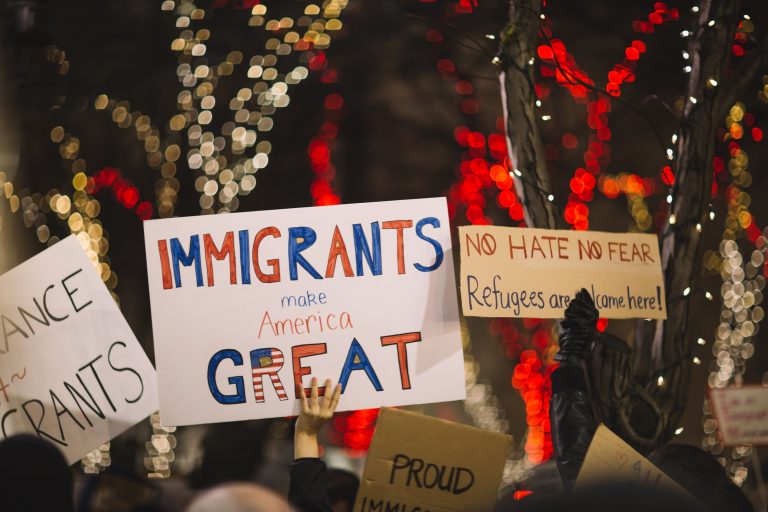Ethnic Favoritism in Street-level Bureaucracy?
Is there ethnic favoritism in street-level bureaucracy? And do conflict legacies facilitate ethnic favoritism? Street-level bureaucracy is the primary state institution that allows for direct interactions between ordinary citizens and agents of the state. While evidence of ethnic favoritism in distributive politics is overwhelming, existing works primarily explain the state agents’ behavior in contexts where they…







